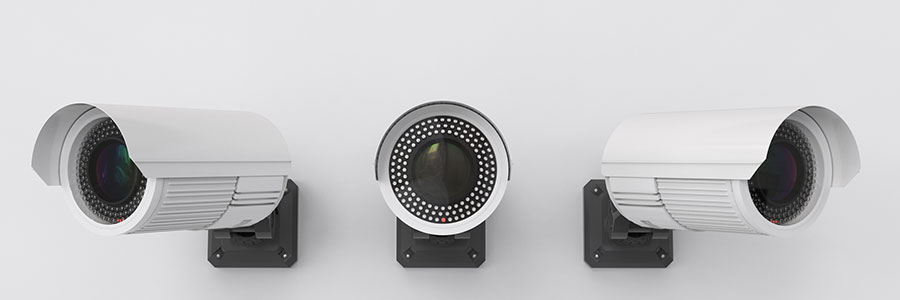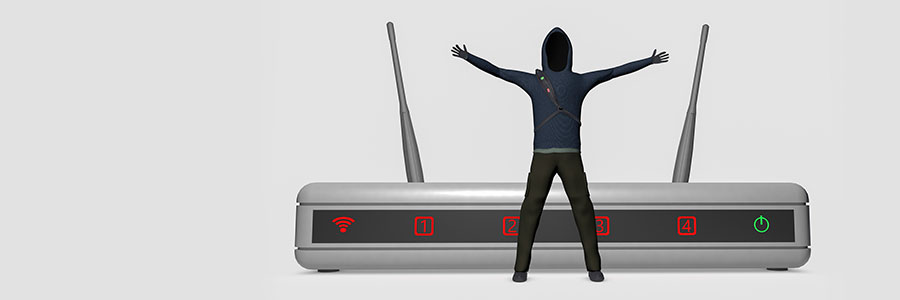Over the past few years, the security industry has been witnessing a rapid evolution in attack techniques, including fileless malware, which uses legitimate tools and services such as existing software, applications, and authorized protocols to carry out malicious activities such as unauthorized data retrieval or data damage.
Fileless malware: The guileful threat
Back up your mobile devices now
Protect your browser, protect your business
What are the risks of BYOD?

Taking work home, or practically anywhere, has never been easier. The bring your own device (BYOD) strategy has become a popular approach for many businesses to conduct work more efficiently and flexibly. But this strategy is not without risks. BYOD, if not implemented correctly, can make your system susceptible to a number of attacks.
4 Ways web monitoring boost productivity
SMB routers targeted by VPNFilter malware

In May, security experts discovered one of the most widespread malware infections in history. Now, they’re warning businesses and consumers that it’s even worse than their first assessment. The VPNFilter malware poses a threat to small businesses and requires immediate attention from anyone who hasn’t taken action against it.
Hide & Seek malware: What you need to know
Nation-state hackers inflict destructive malware
Chrome users panic as new scam spreads

With evolving technology comes evolving threats. Recently, a researcher revealed that a new type of scam freezes Google Chrome and tricks users into believing that their network security has been compromised. Little did they know that following instructions listed on the screen will lead to an actual security breach.
Hackers hijack PCs to steal cryptocurrency

Cryptocurrencies like Bitcoin and Monero are so popular because they’re secure and potentially worth thousands of dollars. But investors and consumers aren’t the only ones interested in them. Hackers are using malicious tactics to steal cryptocurrency, and they’re doing it with something called cryptojacking.
- 1
- 2






